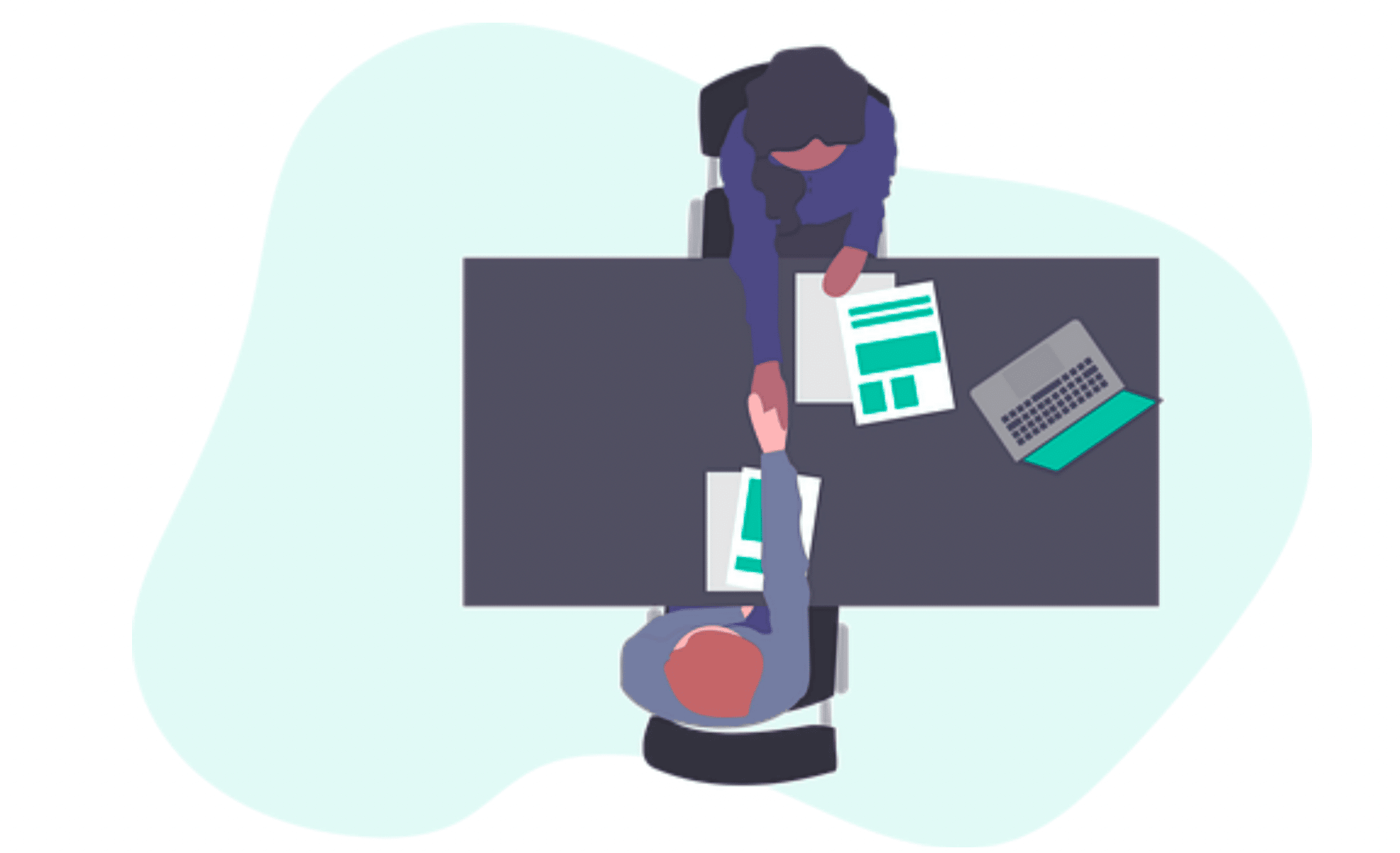When investigating a crime, it is vital to talk to as many people as possible who may have information related to the case. This includes interviewing witnesses and suspects. However, conducting effective interviews can be challenging. Here are five tips for making sure your interviews are productive:
Contents
1. Preparation Is Key
Before you begin, ensure a good understanding of the case and any related evidence. Research the event, the people involved, and other relevant information as much as possible. It will help inform your questions during the interview. Put together a list of questions that you plan to ask. Consider what information you need and any follow-up questions if your interviewees need to provide more detail.
In addition to the physical preparation for an interview, take some time for mental and emotional preparation. Make sure you remain professional and unbiased throughout the process, regardless of how difficult the conversation may become. Create an environment that encourages open dialogue and puts the interviewee at ease.
2. Establish Rapport
Building rapport with your interviewees is essential for conducting compelling investigation interviews. Before you ask questions, take a few minutes to introduce yourself and get to know the person. Show genuine interest in them, and use their name throughout the conversation. It will help make your interviewees more comfortable and provide a better overall experience for both parties involved. Try to be flexible in your approach. Feel free to switch tactics or topics if you feel the conversation could be going in a more productive direction. Remember that the goal of the interview is to learn as much as possible, so it is crucial to adjust if needed.
3. Document and Record Responses Accurately
Documenting and recording help to protect both the interviewer and the respondent by providing an accurate representation of events that may contain crucial information for a case. It is vital to ensure that all conversations are logged accurately to maintain unbiased results, as any discrepancies between testimonies or observations can damage an investigation. To ensure successful outcomes from interviews, detectives must be methodical in documenting and accurately recording all responses from their participants. With cost-effective police interview recording software, you can easily store, search, and playback recordings for further analysis.
4. Collect Data from Multiple Sources
Don’t rely on just one source when conducting an investigation interview. Collect data from multiple sources if possible. This could mean speaking with other people who may have witnessed or been involved in the incident being investigated and looking at medical records, legal documents, phone records, and emails related to the situation at hand. Collecting data from multiple sources can help build a complete picture of what happened, which could be essential when making decisions in the case.
5. Ask Open-Ended Questions
Open-ended questions require more than a simple yes or no answer, and can help you get more detailed information. Consider starting each question with “How…” or “Tell me about…” as this will encourage the person to provide more information. When formulating your questions, try to avoid leading or biased language. Ask clear, concise, and open-ended questions for the interviewee to share their thoughts and experiences. Ask follow-up questions if needed to get a full understanding of the situation.
By following these five tips, you can ensure that your investigation interviews are conducted effectively and efficiently. Remember to research the case well and prepare a list of questions in advance. Establish rapport with your interviewees, ask open-ended questions, document and record responses accurately, and remain professional throughout the process. With proper preparation and execution, you can collect the evidence needed to move your investigation forward.

